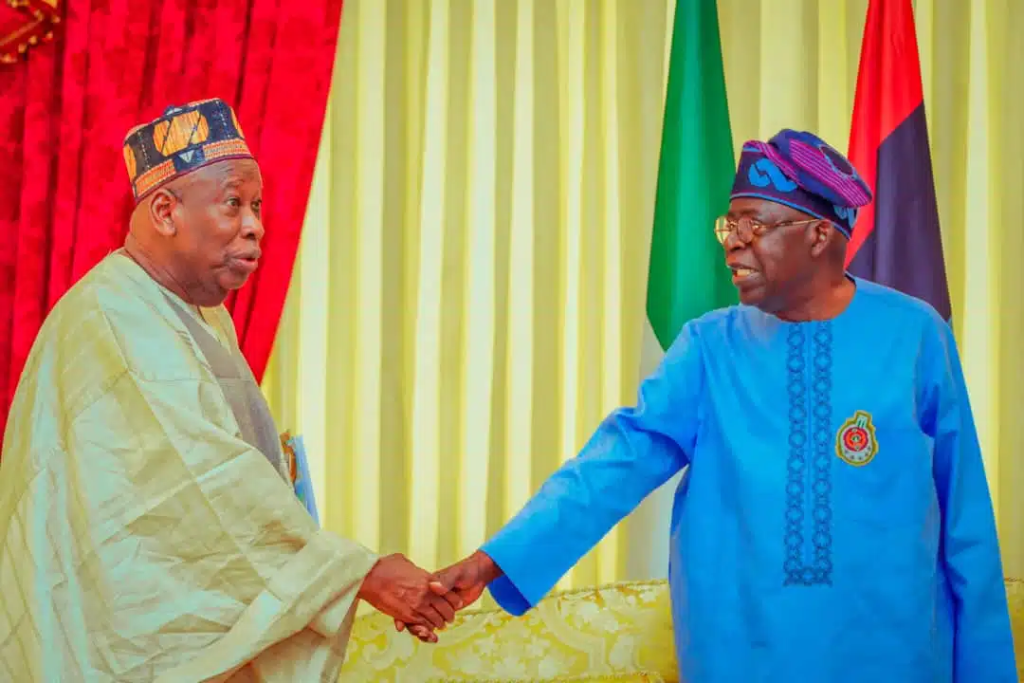In a world where political transparency often seems like a myth, Senegal has emerged as a beacon of hope. The West African nation recently conducted an election that was simple yet effective, setting a new standard for democratic processes. The election was so smoothly handled that it didn’t necessitate the deployment of military divisions on the streets.
The newly elected president, 44-year-old Bassirou Diomaye Faye, assumed office just 10 days after the presidential election on March 24, 2024. Faye, who had been detained for “spreading false news, contempt of court, and defamation of a constituted body” following a social media post, was released by a court ruling, enabling his participation in the election. He won with 54% of the votes, thanks to the support of his ally Ousmane Sonko.
Faye’s victory is a testament to his resilience and the faith of the Senegalese people in his leadership. His humble asset declaration during his campaign revealed a man of modest means, with a house in Dakar, land outside the capital and in his village, Ndiaganiao, and about $6,600 total in his bank accounts.
Meanwhile, Uganda’s President Yoweri Kaguta Museveni Tibuhaburwa, who has been in office for 38 years, may stand for election again in 2026. His 50-year-old son, General Muhoozi Kainerugaba Museveni, who heads Uganda’s armed forces, is the top contender against his father. This situation has sparked a wave of satire in Uganda, with Nigeria being the butt of the joke.
The leaders of Nigeria, on the other hand, have been criticized for their “unquenchable desire for more at the expense of everything”. Their ostentatious living at the expense of the Nigerian people is a stark contrast to the modest lifestyle of Senegal’s new president.

In conclusion, while Senegal’s recent election has set a new standard for transparency, the political situations in Uganda and Nigeria serve as reminders of the challenges that many African nations still face. The hope is that more countries will follow Senegal’s example, paving the way for a more transparent and democratic Africa.
As for Ikeddy ISIGUZO’s opinion, it appears to be a critical examination of the political situations in these African nations. ISIGUZO highlights the stark contrast between the modest lifestyle of Senegal’s new president and the ostentatious living of Nigeria’s leaders. He also points out the satire in Uganda, where the current president’s son is the top contender against his father.
While ISIGUZO’s views may seem harsh, they are not without merit. The issues he raises are real and present in many African nations. However, it’s important to note that these are complex issues with no easy solutions. It’s also crucial to remember that while ISIGUZO’s perspective provides valuable insight, it is just one perspective among many. Other viewpoints may offer different interpretations or solutions to these issues. As readers, it’s essential to consider multiple perspectives to gain a comprehensive understanding of the situation.
In the end, the goal should be to learn from the successes and failures of these nations to foster a more transparent and democratic Africa. After all, as the saying goes, “The world is a book, and those who do not travel read only one page.”
